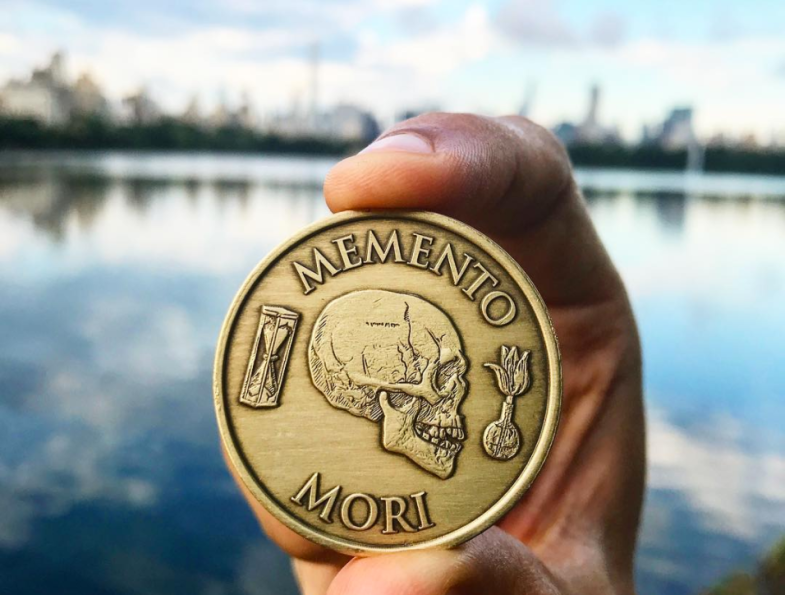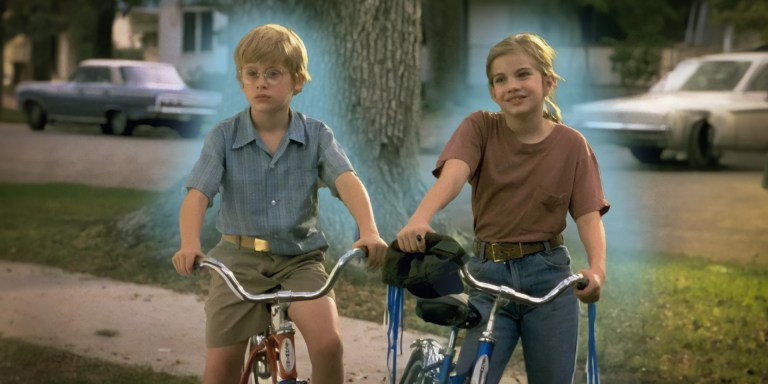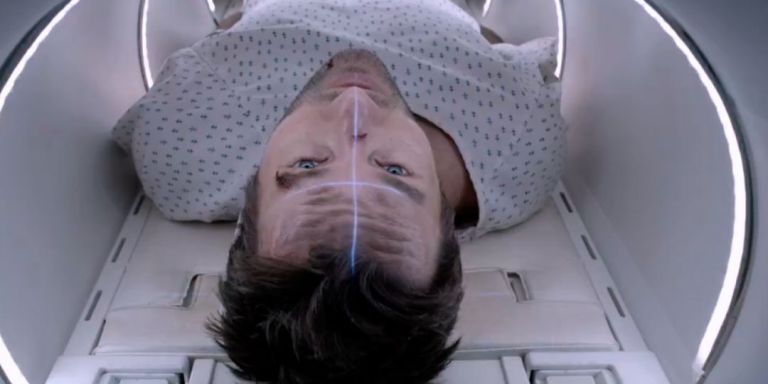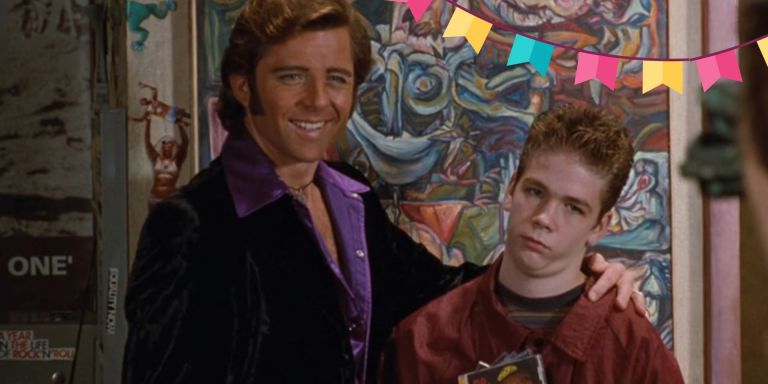
In late 1569, a French nobleman named Michel de Montaigne was given up as dead after being flung from a galloping horse.
As his friends carried his limp and bloodied body home, Montaigne watched his own life slip away, like some dancing spirit on the “tip of his lips,” only to have it return at the last possible second.
This sublime and unusual experience marked the moment Montaigne changed his life. Within a few years, he would be one of the most famous writers in Europe. After his accident, Montaigne went on to write volumes of popular essays, serve two terms as mayor, travel internationally as a dignitary, and serve as a confidante of the king.
It’s a story as old as time. Man nearly dies, he takes stock, and emerges from the experience a completely different, and better, person. “When a man knows he is to be hanged in a fortnight, it concentrates his mind wonderfully,” Samuel Johnson famously observed.
And so it was for Montaigne. Coming so close to death energized him, made him curious. No longer was death something to be afraid of—looking it in the eyes had been a relief, even inspiring.
But the truth is we don’t need a near-death experience or a cancer-scare to tap into this energy. We can access it right now—and there is great power in doing so.
The powerful and the wise have been finding ways to remind themselves of their mortality for centuries. Their art is filled with it. Their writing muses on it. Their desks were staged with totems to remind them of the urgency of life. They would keep it close their body too, wearing memento mori rings, cufflinks, even tattoos. They never wanted to forget: We can go at any moment.
Earlier this year, I felt myself getting a little complacent. I felt like I was stuck in my routine, that I was doing the same things over and over as if my life would go on forever. I went on 99designs and had my own Memento Mori designed, something I could carry with me everywhere. It’s a two sided coin. On the front it, it has a rendering of Philippe de Champaigne painting Still Life with a Skull, which shows three essentials of existence – the tulip (life), the skull (death), and the hourglass (time). On the back, it has Marcus Aurelius’s quote: “You could leave life right now. Let that determine what you do and say and think.” Except I cut off the last part—as a reminder that there isn’t even time to go through the whole line. Then I sent it off to be produced at a mint that that was old before my grandparents were even born. (You can get your own version of the coin here if you want one.)
The point is urgency. Appreciation. Humility. The present moment.
We may not say it, but deep down we often act and behave like we’re invincible. Like we’re impervious to the trials and tribulations of mortality. That stuff happens to other people, not to ME. I have plenty of time left.
We forget how light our grip on life really is. How out of our hands it can be.
Otherwise, we wouldn’t spend so much time obsessing over trivialities, or trying to become famous, make more money than we could ever spend in our lifetime, or make plans far off in the future. All of these are negated by death. All these assumptions presume that death won’t affect us, or at least, not when we don’t want it to.
It doesn’t matter who you are or how many things you have left to be done, somewhere there is someone who would kill you for a thousand dollars or for a vial of crack or for getting in their way. A car can hit you in an intersection and drive your teeth back into your skull. That’s it. It will all be over. Today, tomorrow, someday soon. And there’s nothing you can do about it.
What is in our control? What we do with this moment right here, the one that is slip, slip, slipping away even as you read this.
It’s a cliché question to ask, What would I change about my life if the doctor told me I had cancer? After our answer, we inevitably comfort ourselves with the same insidious lie: Well, thank God I don’t have cancer.
But we do. The diagnosis is terminal for all of us. As the writer Edmund Wilson put it, “Death is one prophecy that never fails.” Every person is born with a death sentence. Each second, probability is eating away at the chances that we’ll be alive tomorrow; something is coming and you’ll never be able to stop it. Be ready for when that day comes.
Remember the serenity prayer: If something is in our control, it’s worth every ounce of our efforts and energy. Death is not one of those things—it is not fully in our control how long we will live or what will come and take us from life. So we should focus on life, not on silly plans to live forever, or on fear or worry about death. We should focus on living the second in front of us right now, while we still have it.
It’s not morbid to think about death constantly. It’s stupid not to. Spending a few minutes every day on our mortality, reaching into our pocket to touch a totem that reminds us of it, is not sad. It creates real perspective and urgency. The existence of death need not be depressing. Because it’s actually invigorating.
Reminding ourselves each day that we will die, helps us treat our time as a gift. Someone on a deadline doesn’t indulge himself with attempts at the impossible, he doesn’t waste time complaining about how he’d like things to be. It cuts down on bullshit and the unnecessary. It suddenly doesn’t feel rude to say no—it feels selfish to the people you care about not to.
Take a page from the ancients and even from the not so distant past. Learn the lessons taught the hard way in generations where death was much more common, when life was much more unpredictable. Don’t shy away from death. Think on it. Become familiar with it. Let it do its job—let it energize and propel you further. Let it help you life a better life.
Right now. ![]()





